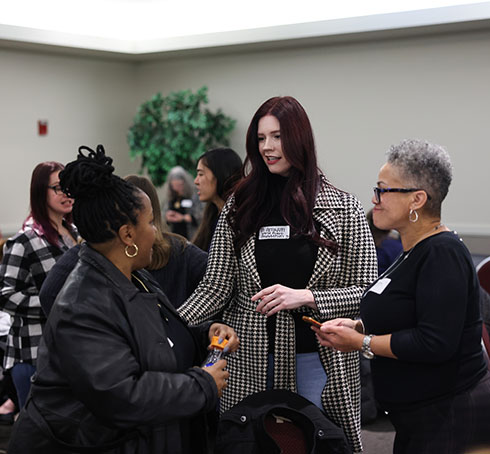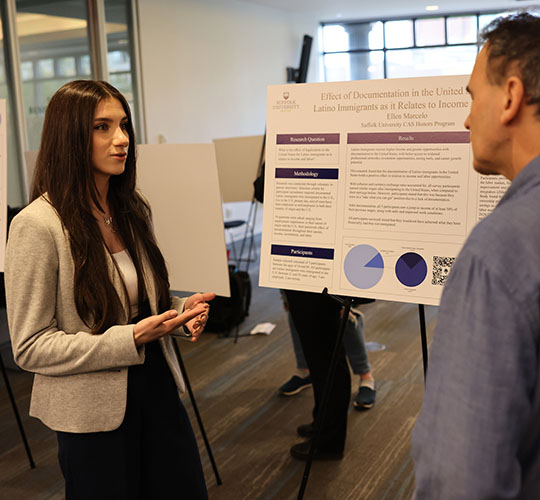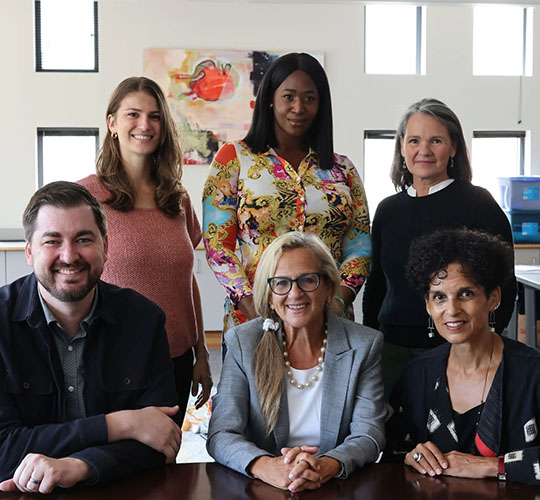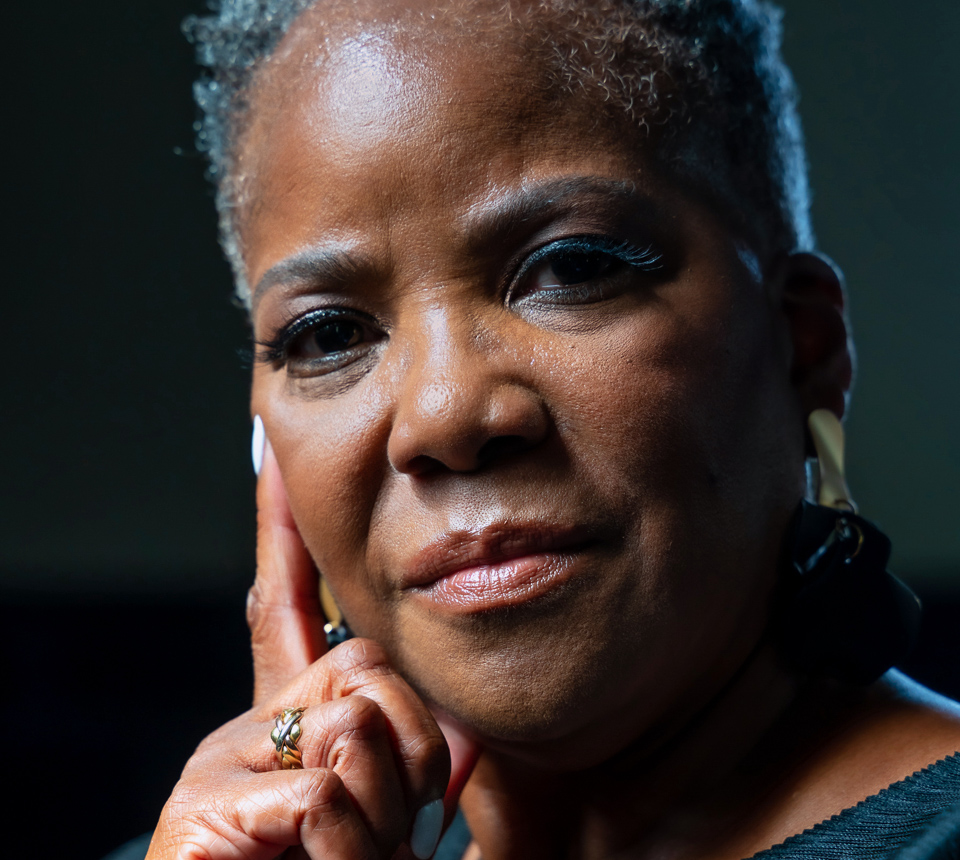Program Options
The Major
The sociology curriculum focuses on the understanding of human actions and social structures. As a sociology major, you’ll examine the organization of society, power, and social interactions, as well as the concepts of inequality and justice. You’ll also learn how to conduct sociological research—from selecting a topic and designing a project to collecting and interpreting data for a written report.
Plus, as a junior and senior you'll have the chance to engage in practicums to conduct fieldwork and help marginalized segments of the population. Our well-connected faculty can help you obtain internships at a wide range of sites in Greater Boston, including local courts, youth services centers, schools, law firms, hospitals, crisis centers, social service providers, and shelters.
View the Sociology Major Curriculum
The Minor
Gain an understanding of the intersection between human behavior, institutional structures, and social inequalities while developing problem-solving skills you can apply to other areas of study. To complete this minor, you’ll take two required courses and three electives of your choice.
View the Sociology Minor Curriculum
Customize Your Degree
Students can double major in sociology and criminal justice or major in one and minor in the other. Other popular majors and minors often paired with a sociology major include:
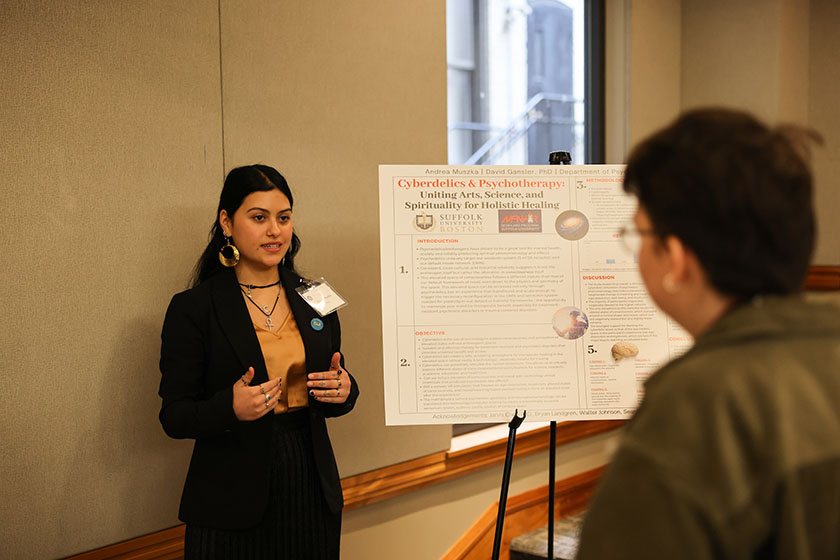




 Visit Us
Visit Us Request Info
Request Info Apply
Apply